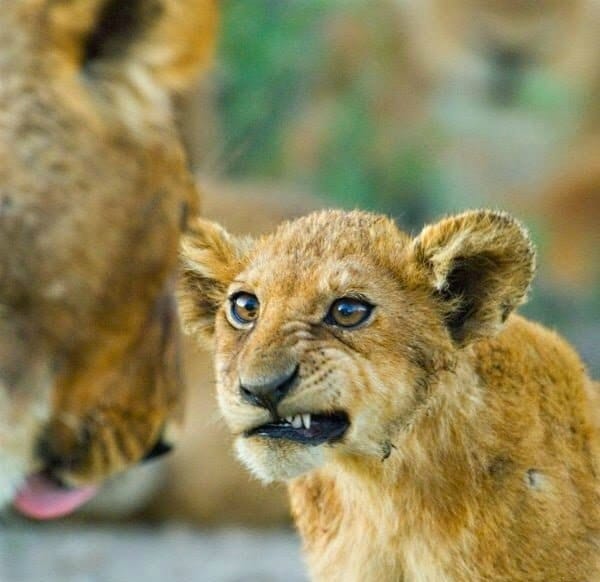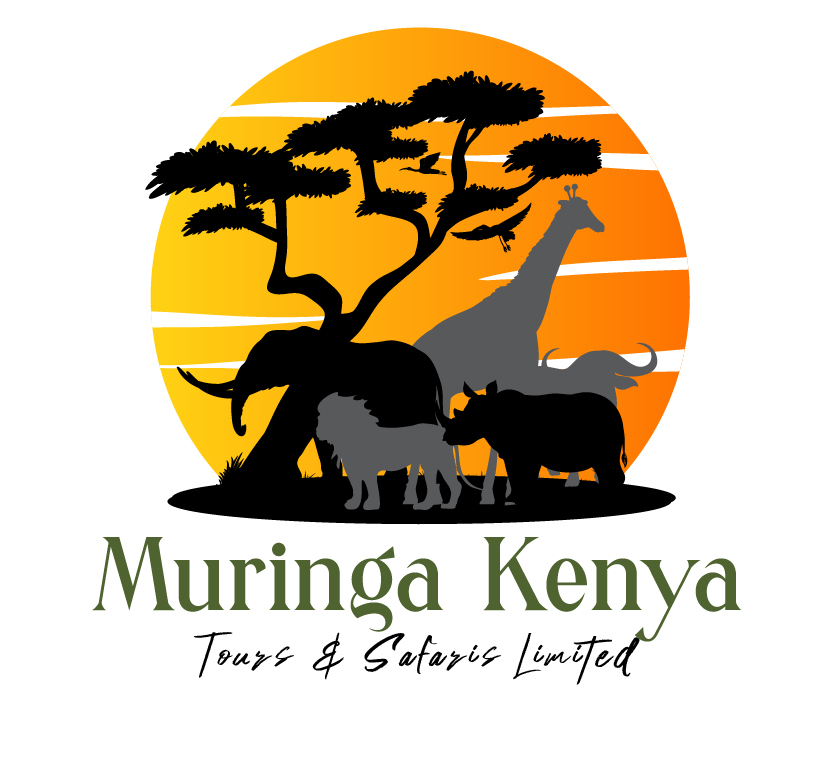To ensure that your trip to Mombasa is enjoyable and hassle-free, you should be aware of all security and safety concerns. Here are some crucial points to remember:
1. General Safety
Be informed: Make sure to keep up on the latest local news and also any travel warnings that are issued by your country.
Register at Your Embassy.
2. Health Precautions
Vaccinations: Ensure you are current on your routine vaccinations and consider additional vaccines such as Hepatitis A, Hepatitis B, Typhoid, and Yellow Fever.
Mombasa has a high prevalence of malaria. Make sure you take antimalarial medicine, apply insect repellents, sleep under mosquito nets and wear long-sleeved clothes at night.
Water and Food Security: Drink bottled, boiled or well-cooked water. Avoid ice. Be aware when eating street food.
3. Personal Safety
Be cautious when walking in the darkness. Stick to areas that are well-lit and well-populated. Avoid walking at the beach, or in remote areas after dark.
Hotel safes are a great option to store valuables such as passports as well as money. Do not display expensive jewelry or electronics.
Use Reputable Transportation: Choose registered taxis or ride-hailing services. Your hotel can help arrange transportation. Avoid cabs with no markings.
4. Local Laws and Customs
Respect local culture: Dress modestly when visiting religious places. Be aware of the customs and traditions in your area.
Kenyan drug laws are extremely strict and entail serious sanctions. Avoid taking illegal drugs.
Get permission prior to taking photographs of rural residents, military or government buildings.
5. Beach Safety and Water Safety
Swimming safely. Pay attention to local recommendations. Swim in designated areas.
Beware of marine wildlife, such as jellyfish and sea Urchins. Walking on the beach requires appropriate footwear.
6. Crime Prevention
Petty Crimes. Pickpocketing or bag snatching can happen, especially in areas that are populated with lots of people. Keep an eye out and keep your possessions close to you.
Beware of people who offer excessively generous services or offers which seem too good-to-be true. Use licensed tour agents.
Emergency Contacts - Know the local emergency number (999) and include the Fire Department (999), and the Ambulance Service (999). Contact details for the embassy or consulate of your country should be kept in a handy place.
7. Natural Hazards
Weather: Mombasa experiences a tropical climate. Floods and heavy rains are possible, especially in the rainy season. Be aware of forecasts for weather.
Sun Protection Apply sunscreen and wear a hat to avoid sunburn.
8. Travel Insurance
Travel Insurance with Comprehensive Coverage - Make sure you have a comprehensive travel insurance policy that covers accidents, medical emergencies, losses, and disruptions of travel. Check that your policy provides protection for all activities such as water sports.
If you think about these safety and security aspects, you'll enjoy a better holiday in Mombasa. See the top kenya mombasa train for more recommendations including tour mombasa, travel & tours company, africa in kenya, safari mombasa kenya, tour firms in kenya, african safari excursions, safaris beach, luxurious african safari, mombasa tour companies, kenya safari packages and more.

What Factors Regarding The Weather Should I Be Aware Of When Visiting Mombasa In Kenya?
To get the most out of your trip to Mombasa in Kenya It is essential that you know the local weather patterns. Here are the most important factors to consider when planning your trip.
1. Climate Overview
Mombasa is blessed with a tropical climate, with summer temperatures that are high throughout the year. Warm temperatures are expected, with temperatures usually ranging between 24degC(75degF), and 32degC(90degF).
2. Seasons
The Hot and Humid Season (November through April) The period is characterized by high temperatures and high humidity. It is also the most sought-after tourism season.
Long Rains April to June The season of rain can bring heavy rains, and sometimes thunderstorms. The roads can be muddy, making them difficult to drive on. This is the time when there is no tourism.
The cooler season (June through October) The coolest season is the most comfortable season to visit, with lower temperatures and humidity levels. The general weather is pleasant, which makes it ideal for outdoor activities.
Short rains (October October - November) They are short rainshowers that are not as intense. The rains will usually be short-lived and followed up by some sunshine.
3. Tips for packing
Lightweight Clothing: Wear lightweight clothing that breathes like linen and cotton to keep cool during hot weather.
Bring rain gear if you're traveling during the rainy season. This includes a waterproof jacket as well as shoes.
Sun protection wearing a hat with a big brim, wearing sunglasses, and wearing light clothing to cover your skin all help protect you from the sun.
Swimwear: Don't forget your swimwear for enjoying the beach and pool at your hotel.
4. Weather-specific activities
Beach Time: The best time to enjoy beach activities is during the cooler months (June through October) when the weather is nice and the sea conditions are favorable.
Water Sports: For diving, snorkeling, and other water sports, the crystal clear and calm waters from November through March are the best time to do it.
Wildlife Viewing The cooler season (June through October) is also a good time for wildlife excursions and safaris as the weather is less harsh.
5. Questions of Health
Hydration: Staying hydrated is essential in the humid, hot climate. Drink plenty of water if you are planning to go out in the sun.
The risk of heat-related illnesses is to be aware for heat exhaustion, heat stroke, and other heat-related diseases. Wear loose clothes and take frequent breaks in the shade. Avoid intense exercise during heat peak.
6. Adjustments for Travel
Be ready for delays if you intend to travel during the rainy season. There could be delays because of impassable roads or limited outdoor activities.
The delay of flights due to tropical storms and rain can cause delays in flights. Keep yourself informed of your travel schedule and have contingency plans.
7. Environmental Concerns
Natural Risks. Beware of the possibility of flooding in heavy rains. Keep yourself informed of weather conditions and take local advice on safety.
Make sure you are conscious of the tides. They can be very different. Consult local tide charts for safe beachcombing, swimming, as well as other activities.
If you are aware of the significance of weather, you will be able to plan your holiday with care, pack appropriately, and ensure your trip to Mombasa is safe. Follow the most popular kenya day tours for blog info including african safari packages, trips to kenya, safari company kenya, mombasa tour packages, mombasa safari, kenya travel, kenya safaris, safari trips in africa, kenya tours and safaris, african safari africa and more.

What Environmental Responsibilities Do I Have To Be Aware Of When I Am What Environmental Responsibilities Should I Be Aware Of When Traveling Mombasa, Kenya?
To preserve the natural beauty and the diversity of Mombasa, Kenya it is crucial that you're environmentally responsible. Here are some important ecological responsibilities to take into consideration:
1. Sustainable Accommodation
Eco-friendly Hotel: Choose hotels which are committed to sustainable development. Find eco-labels or certifications such as Eco-Tourism Kenya.
Join hotel initiatives that help conserve energy and water. Reuse towels and linens. Turn off lighting and air conditioning when they are not used.
2. Responsible Wildlife Viewing
Be respectful of wildlife and stay away from them in order to prevent disturbing. Be sure to follow the instructions of your tour guide.
Avoid Feeding Wild Animals. Feeding wildlife may alter their eating habits and behaviors.
Leave No trace. Do not litter parks or wildlife reserves. Bring all garbage with you and dispose it in a safe manner.
3. Plastic Reduction
Do not use plastics with a single-use purpose. Use a reusable mug, bag, or utensil.
Encourage local initiatives locally. Take part in or support local beach cleanup efforts, and organizations working to reduce the impact of plastics on our oceans.
4. Water Conservation
Use Water Wisely: Mombasa experiences water scarcity issues. Turn off the taps and take a shorter shower.
Eco-Friendly products: Use organic or biodegradable toiletries in order to minimize water pollution.
5. Energy Conservation
Reduce energy usage: Unplug electronic equipment when it is not in use and restrict the use of air conditioners.
Help support renewable Energy Search for hotels and tour operators using renewable sources of energy.
6. Sustainable Transportation
Public Transport: If you can reduce your carbon footprint using public transportation like buses and matatus.
Take a look at short-distance walking, or renting bikes. Some areas have eco friendly tuk-tuks.
7. In support of local economy
Buy Local: Purchase souvenirs, crafts, and food locally to support local businesses.
Fair Trade - Pick fair trade products to make sure that local farmers receive fair prices.
8. Environmental Education
Learn and Share. Be aware of local environmental issues as well as conservation efforts. To increase awareness of what you've learned, share your knowledge with your friends and family.
Respect Local Cultures: Understand and respect local customs and practices related to conservation of the environment.
9. Marine Conservation
If you are snorkeling or diving, be sure to avoid touching the coral reefs. Use non-toxic, reef-safe sunscreen to safeguard marine wildlife.
Never dispose of waste into the ocean. Participate or support marine conservancy programs.
10. Ethical Souvenirs
Beware of Wildlife Products. Avoid purchasing products that are made from endangered species like tortoiseshell or ivory.
Sustainable Materials: Select items made of recycled or sustainable materials.
11. Participate in Conservation Activities
Consider volunteering in community tourism or conservation projects.
Donate or support local conservation organizations and NGOs who work to protect the environment.
12. Responsible Travel practices
The size of the group: Traveling in small groups can reduce the environmental impact.
Eco-Tours: Choose tour operators that are eco friendly and committed to sustainability.
If you keep these environmental obligations in mind, you can help preserve Mombasa's natural resources, and ensure that the beauty and diversity of the region is preserved for future generations. View the best kisite mpunguti marine for website advice including safari mombasa kenya, trip tour companies, safari trips in kenya, safar kenya, cheap kenya safari packages, tour and travels, africa safaris and tours, kenya travel packages, african safari kenya, safari excursions and more.
